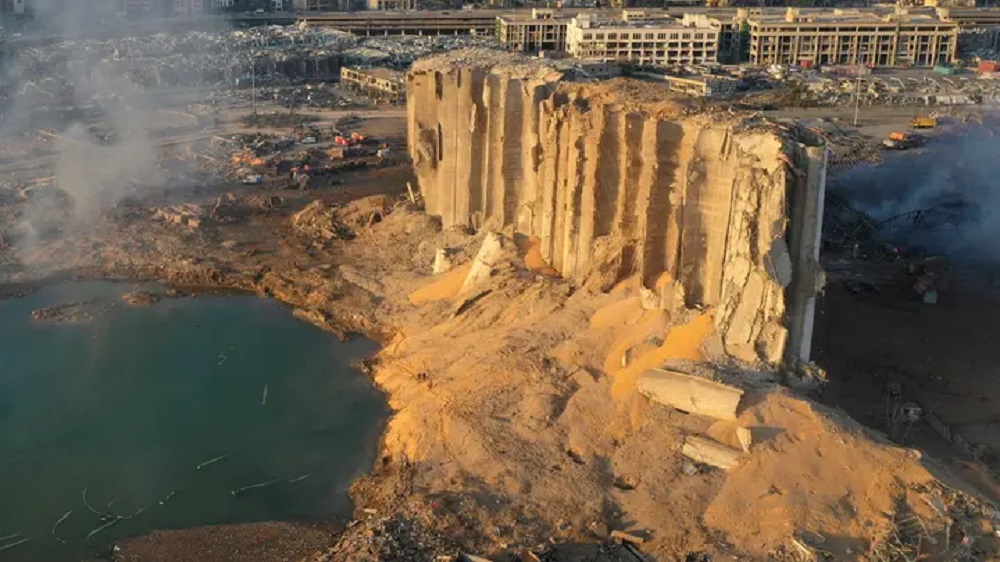Watan-The World Bank announced on Wednesday its approval of a $250 million funding package to support Lebanon’s efforts in restoring and rebuilding infrastructure in areas damaged by the recent war between Hezbollah and Israel—a move welcomed by Lebanese authorities.
Earlier assessments by the World Bank estimated that the recovery and reconstruction needs after the devastating conflict, which ended with a ceasefire in November, would cost approximately $11 billion, with the total economic impact reaching around $14 billion.
In a statement, the World Bank said:”The Board of Executive Directors of the World Bank approved a $250 million emergency financing package for Lebanon to support the restoration and reconstruction of critical infrastructure and the resumption of essential services, in addition to promoting sustainable debris and rubble management in conflict-affected areas.”
Jean-Christophe Carret, Regional Director for the Middle East at the World Bank, explained:”Given the massive reconstruction needs facing Lebanon, this project is designed as an expandable framework of up to $1 billion, with an initial $250 million contribution from the World Bank.”
 the Beirut Port explosion case
the Beirut Port explosion case
Prime Minister Nawaf Salam welcomed the announcement, calling it:”A crucial step in the reconstruction process, responding to the damage inflicted on vital infrastructure and essential services in the war-affected regions.”
He added that the support “reinforces the recovery efforts within a state-led framework and helps attract additional, much-needed funding.”
The war between Hezbollah and Israel lasted more than a year and ended on November 27 with a ceasefire brokered by the United States and France. The war caused extensive destruction in large areas of southern and eastern Lebanon and parts of Beirut’s southern suburbs. The economic losses were staggering for a country already suffering a financial meltdown since late 2019.
Reconstruction remains one of the biggest challenges for the Lebanese government, which is relying heavily on foreign assistance—particularly from Gulf countries—to finance recovery and rebuild its economy.
